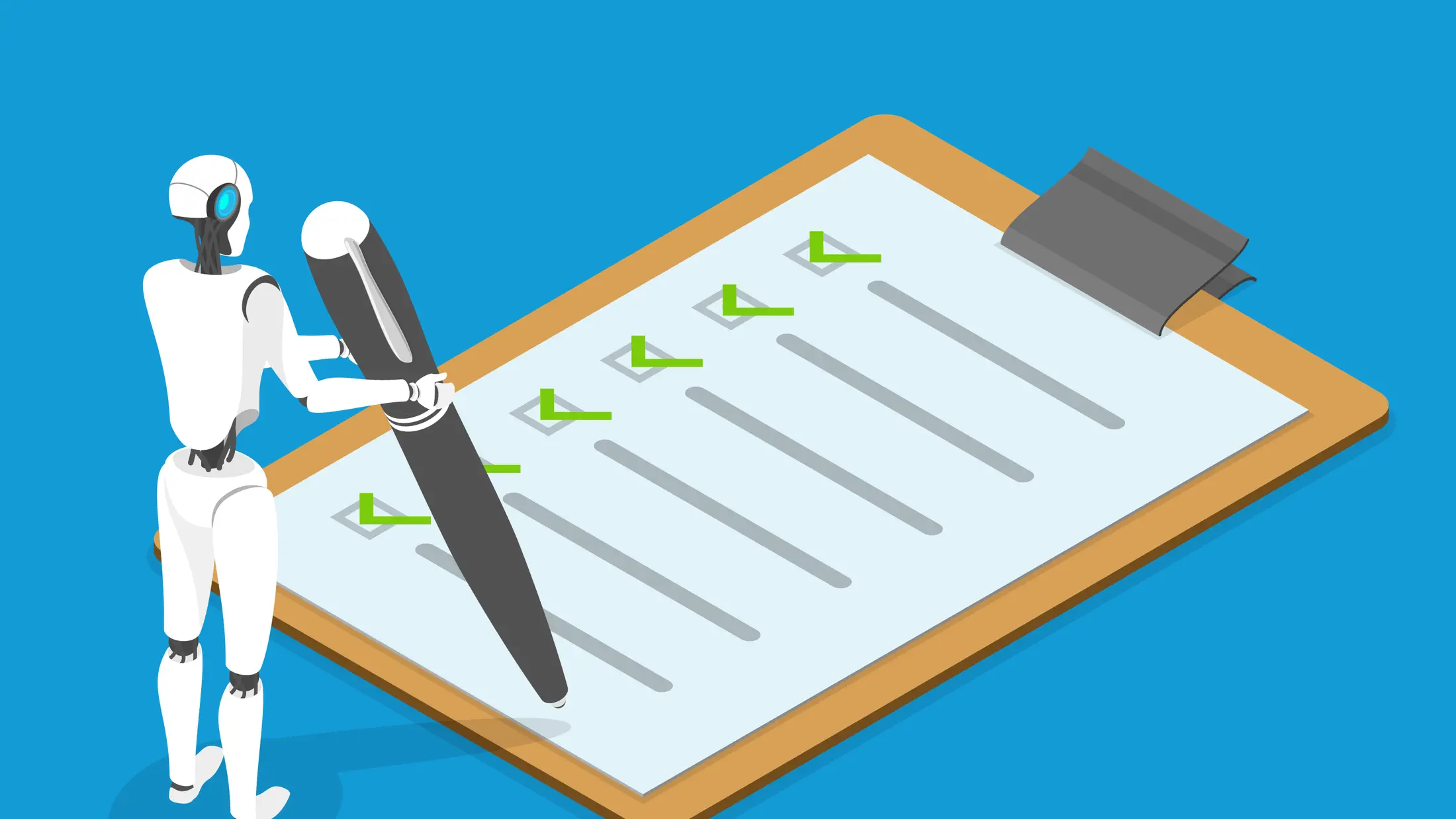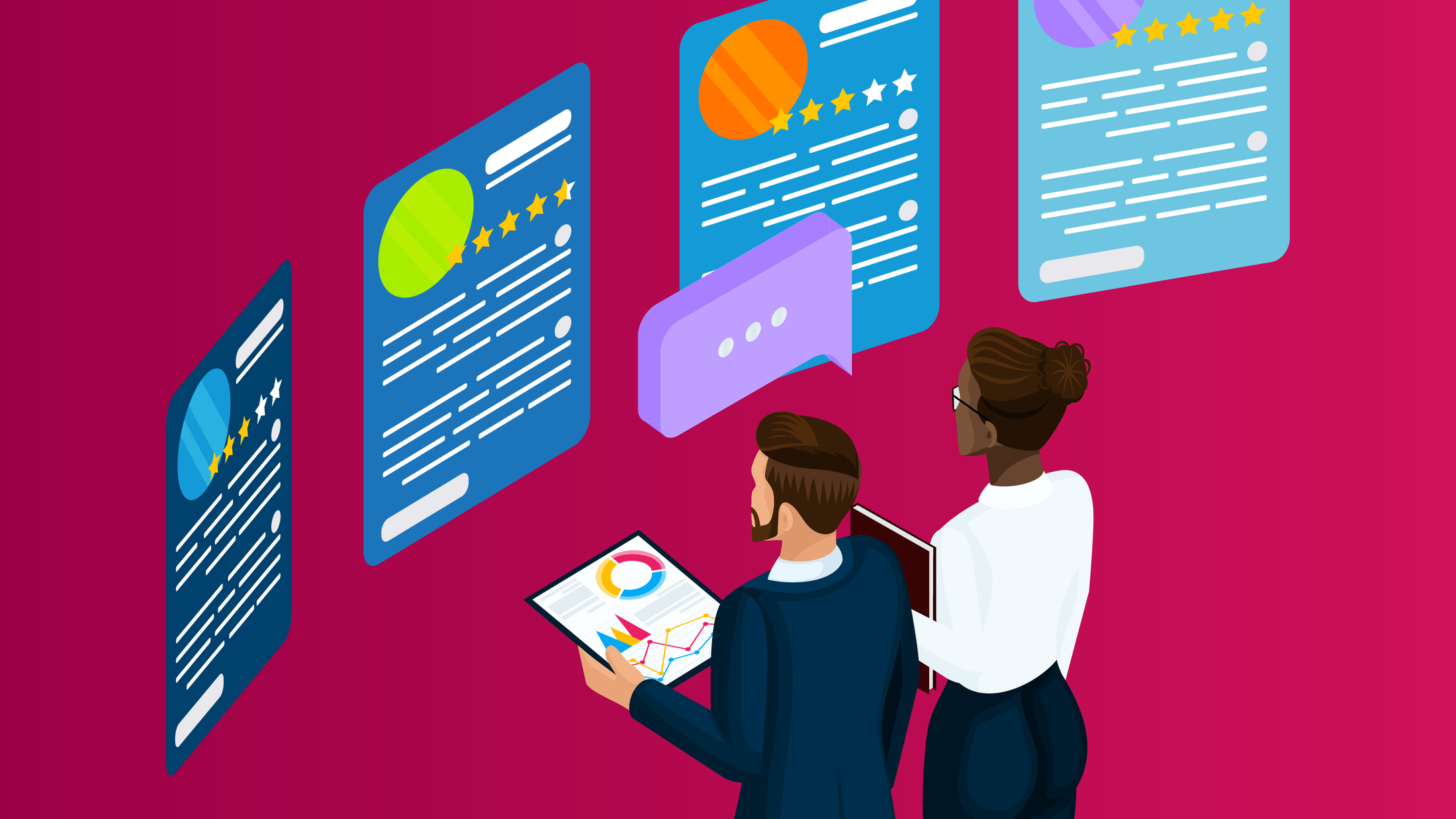The case caused shockwaves through the industry all the way back in 2013 when an appellate court held that Oracle’s “Application Programming Interface” (API) code was entitled to copyright protection, overturning decades of legal precedent. APIs are pieces of code that allow pieces of software to communicate with one another and as such developers often incorporate third party APIs without a license to allow for interoperability. The court’s decision to extend copyright protection to APIs therefore could leave many open to accusations of copyright infringement; unless, like Google, they can prove the unlicensed incorporation of the code is permitted under the doctrine of fair use.
Technology behemoths Oracle and Google have been engaged in a 6 year dispute over whether Google’s use of Oracle APIs in the Android operating platform constituted copyright infringement. Multi-billion dollar suits between large tech companies are something of a common occurrence in the US and not something we regularly report on as they are of only a passing concern to our clients. The Google & Oracle dispute is different though, as the legal questions at the heart of the case impact the software industry as a whole, indeed they do so to a degree that is difficult to overstate.
In order to understand why the Oracle and Google case matters so much to the industry, it is necessary to first unpack the cryptic acronym “API”. APIs or Application Programme Interfaces are essentially blocks of code that allow a piece of software to operate with another piece of software. A Guardian article on the topic used the rather helpful analogy of a plug socket, which allows electrical devices to interface with the electricity grid.
Up until the Google & Oracle dispute, the courts in the US had uniformly held that APIs were not protected by copyright, predominantly because copyright protects means of expression rather than ideas or functionalities, and APIs were held to be the latter. However, in 2013 the Federal Circuit Court of Appeals overturned decades of rulings and held that APIs did in fact warrant copyright protection.
The decision has been heavily criticised both in the software industry and the legal profession. Many feel that the software industry has thrived as a more narrow interpretation of copyright encouraged a software ecosystem where developers could enhance interoperability without needing to obtain a license. Oracle, however, contested that Google had generated billions by using 37 Java APIs verbatim in their operating system, and that, given they could have written their own APIs to achieve the same functionality, this was simply unfair.
Despite these criticisms the copyright-able nature of APIs is now an established legal doctrine. Indeed, Google conceded this and sought to defend the case under the doctrine of “fair use”. This is an equitable doctrine in US Copyright law which allows copyrighted works to be used without a license in a strict set of circumstances. As it is an equitable doctrine the courts have a degree of leeway in interpreting it – basically, the decision comes down to a fairly subjective test of “fairness”.
Google’s fair use defence was deemed valid at the end of May by a federal jury in San Francisco, to the surprise and likely relief of many in the industry. Whilst this is a victory for those who believe in a more laissez faire copyright system, structured to encourage interoperability and innovation, the fact remains that APIs are now subject to copyright, and anyone using a third party API without a license will have to justify that use under the fair use doctrine. There is now a significant risk that other companies with valuable and ubiquitous APIs may sue to enforce their copyright.
A more in depth account of the case and the issues it addressed can be found here on the guardian website: https://www.theguardian.com/technology/2016/may/26/google-wins-copyright-lawsuit-oracle-java-code
Our experienced in-house IP team can help you understand your clients’ intellectual property exposures and tailor the perfect cover for them. Find out more about our IP insurance products on our website by clicking here.



